In the field of data science, things can become very confusing, especially with so many buzzwords and terms flying around, it’s very easy to waste a lot of time just trying to figure out how everything connects together, let alone applying them to the day-to-day running of your business. So, to clarify the relationships among the fields of business and data analytics, data science, business intelligence, machine learning, and artificial intelligence, Iliya Valchanov, founder of 365 Data Science, an educational
It’s crazy to think, but 90 percent of the World’s data has been generated in the last two years alone. And, with the current rate of 2.5 quintillion bytes of data being produced each day, it is unsurprising that the issue of data quality has become a prevalent one which businesses can no longer ignore. This has subsequently led to an unprecedented increase in demand for data quality tools with ever-evolving capabilities. In the early days of data warehousing,
The GDPR came into effect in May of 2018, covering the United Kingdom and Europe with the world’s most stringent data protection regulation. The enforcement of GDPR comes in response to a series of high profile misuses of private data by global companies. Consumers need more autonomy over the huge data sets of their private information that businesses store and manage worldwide, and the GDPR is a step forward for consumer rights. Control is your greatest asset Data leaks are rife in
Data quality is essential to leveraging more value from your business’ data assets. Data analysts, managers and board members alike, must know and understand the quality of the data they are using to make decisions and to set direction for their organisations if they are to make the best strategic decisions. Today, data is created and collected by every type of device used in businesses and homes. Data analytics has become a common term. Expectations for quality data continue to grow at an
“I was once asked by a CIO to help him present to his board, on why they wanted to become data-driven. After 5 minutes of my planned 10 minute presentation (that lasted about 30 minutes) a board member and I concluded that based on what we had heard outside that meeting, they didn’t want to become data driven– they wanted to become customer-driven.” To be data-driven is a dangerous catch phrase. Data, or even technology, for its own sake without a
Andy Bottrill, Regional VP at leading financial close solution ‘BlackLine’, discusses the collective role which people and technology have to play, in the ever-changing finance function of the future. Finance and accounting is an industry of traditional standards; calculators, spreadsheets and manual input are all part of peoples’ daily routines. However, whilst these tools have supported many people throughout their accounting careers, a lot of processes are no longer fit for the digital age, and businesses must innovate to remain competitive. The biggest struggle
In the first instalment of our Expert Opinion series, data and analytics expert Rudraksh Bhawalkar explains the fundamental benefits of managing your data effectively, in order to achieve a bi-modal framework for your business. ‘Water, water, everywhere, but not a drop to drink’. These, the modernised words of Samuel Taylor Coleridge in his poem The Rime of the Ancient Mariner, were penned in the late 1700s. Over two centuries later, we’re facing a similar problem. Like sailors looking out over a
On June 30th 2018 all businesses were supposed to have migrated to TLS 1.1 encryption or higher, otherwise they are at risk of relinquishing their ability to process credit card payments. Sounds daunting I know. Saying that, I have just realised it is very presumptive of me to expect everyone to know what PCI stands for, let alone what the implications of non-compliance will be for your business now that the June 30th deadline has passed, so I should probably take a
Analytics are fast becoming the life-blood of organisations. Most notably within enterprises who have already embraced the digitalisation of their industries, recognising that data is now the new oil, and knowledge is now the new international currency. In fact, you’d be hard pushed nowadays to find a business operating in the black, who do not appreciate or understand the full value of analytics, and recognise the direct impact they can have on both empowering better decision-making and
BIBA always presents the perfect opportunity to engage with the full spectrum of stakeholders from across the insurance industry, and find out exactly what is happening in the MI space. This year we conducted a survey of over 100 incumbents from brokers, underwriters, MGAs, InsurTech, insurers and reinsurers, and delved a little deeper into the MI behaviour of the sector to find out how the industry is adapting to such a significant digital transformation, as we enter
- 1
- 2


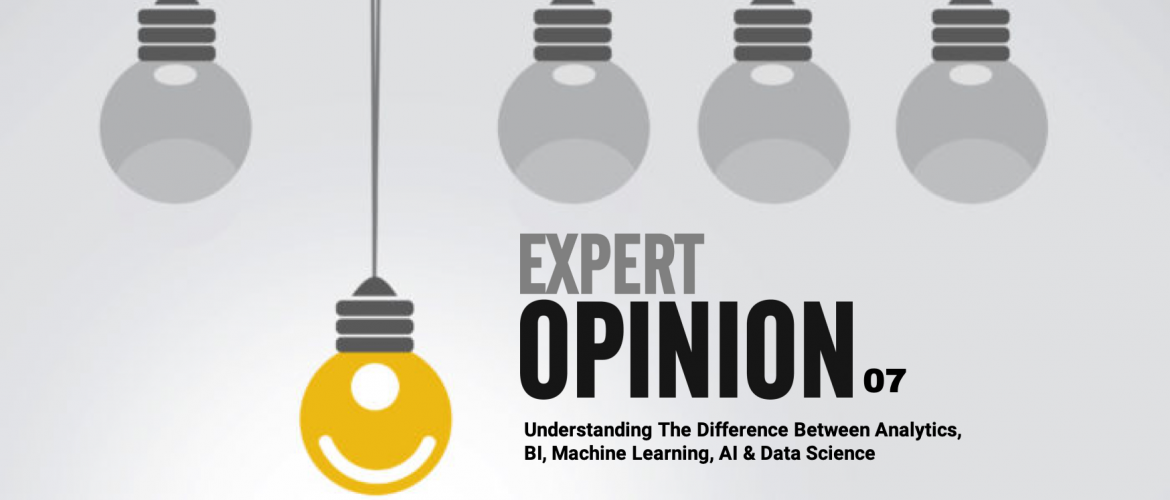
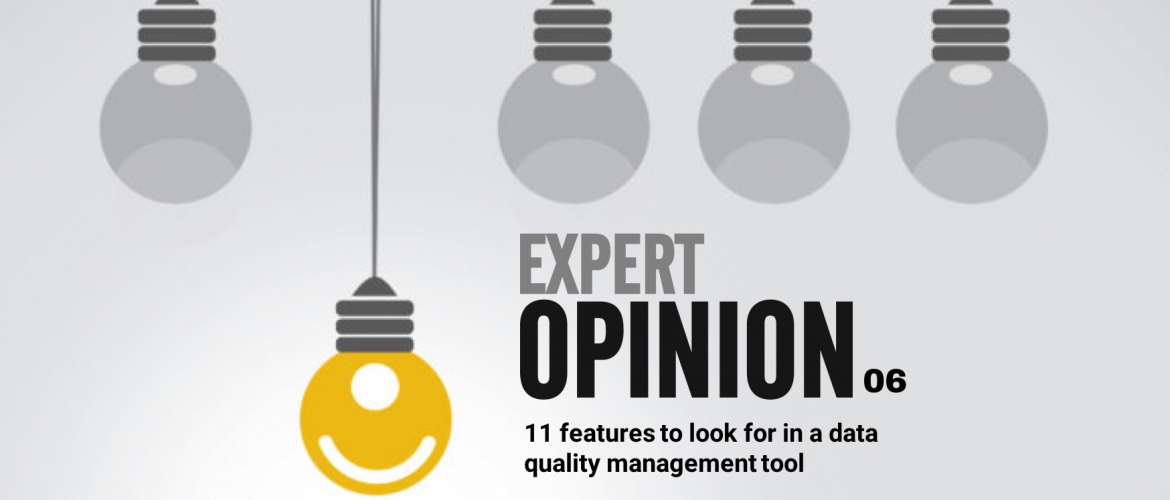
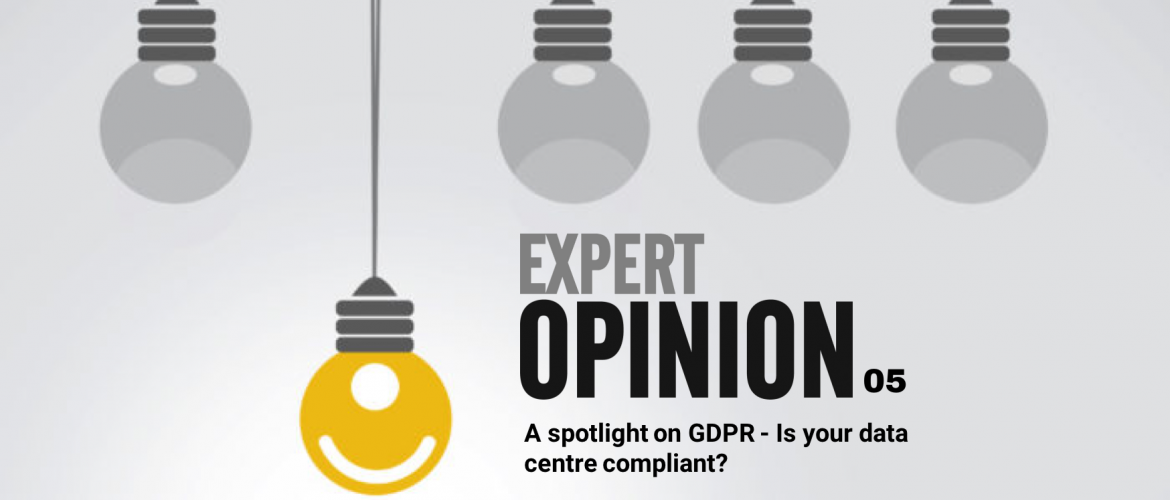

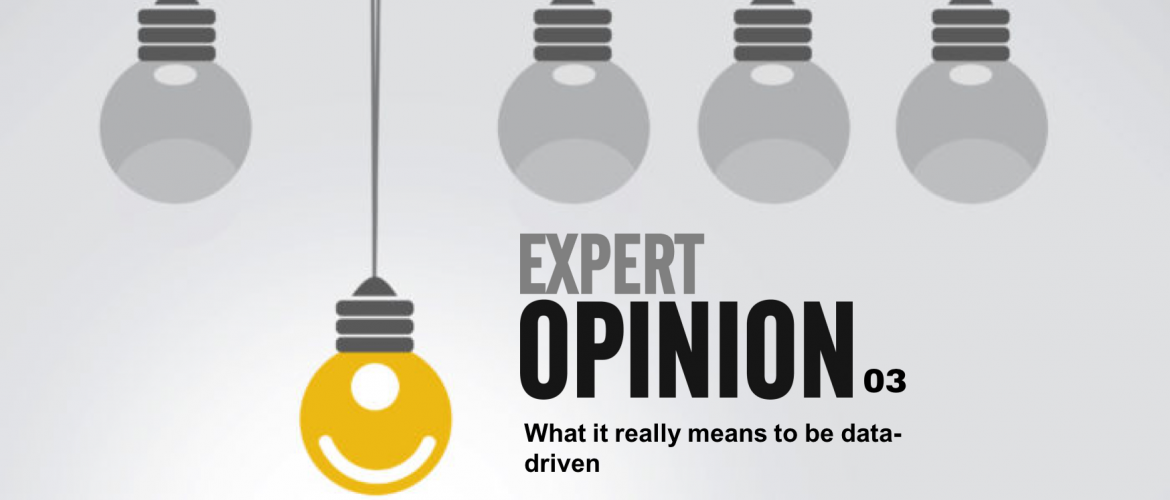
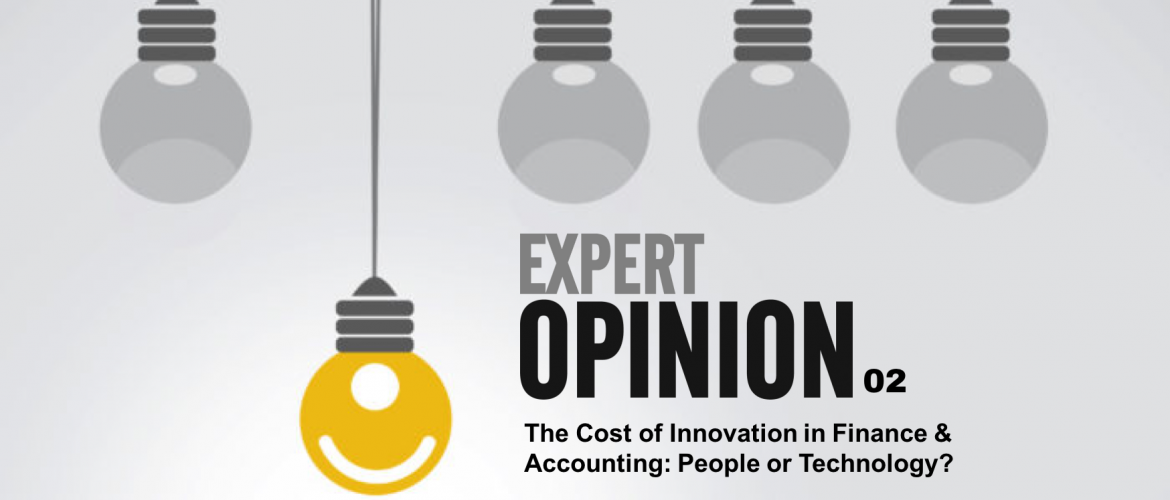

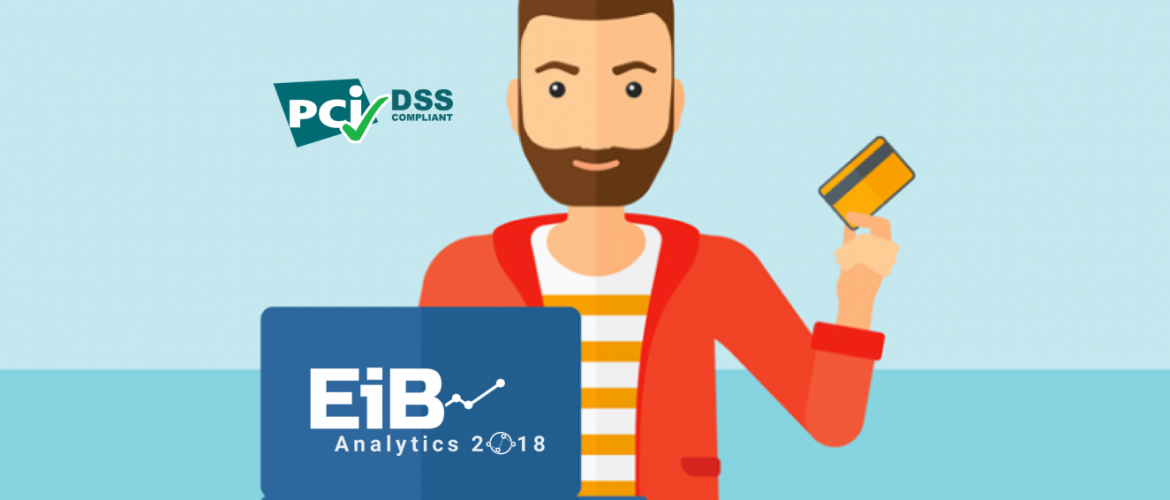

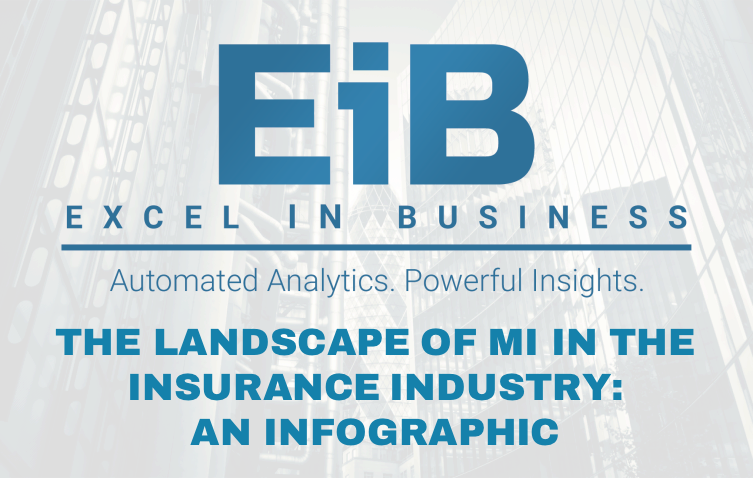
Recent Comments